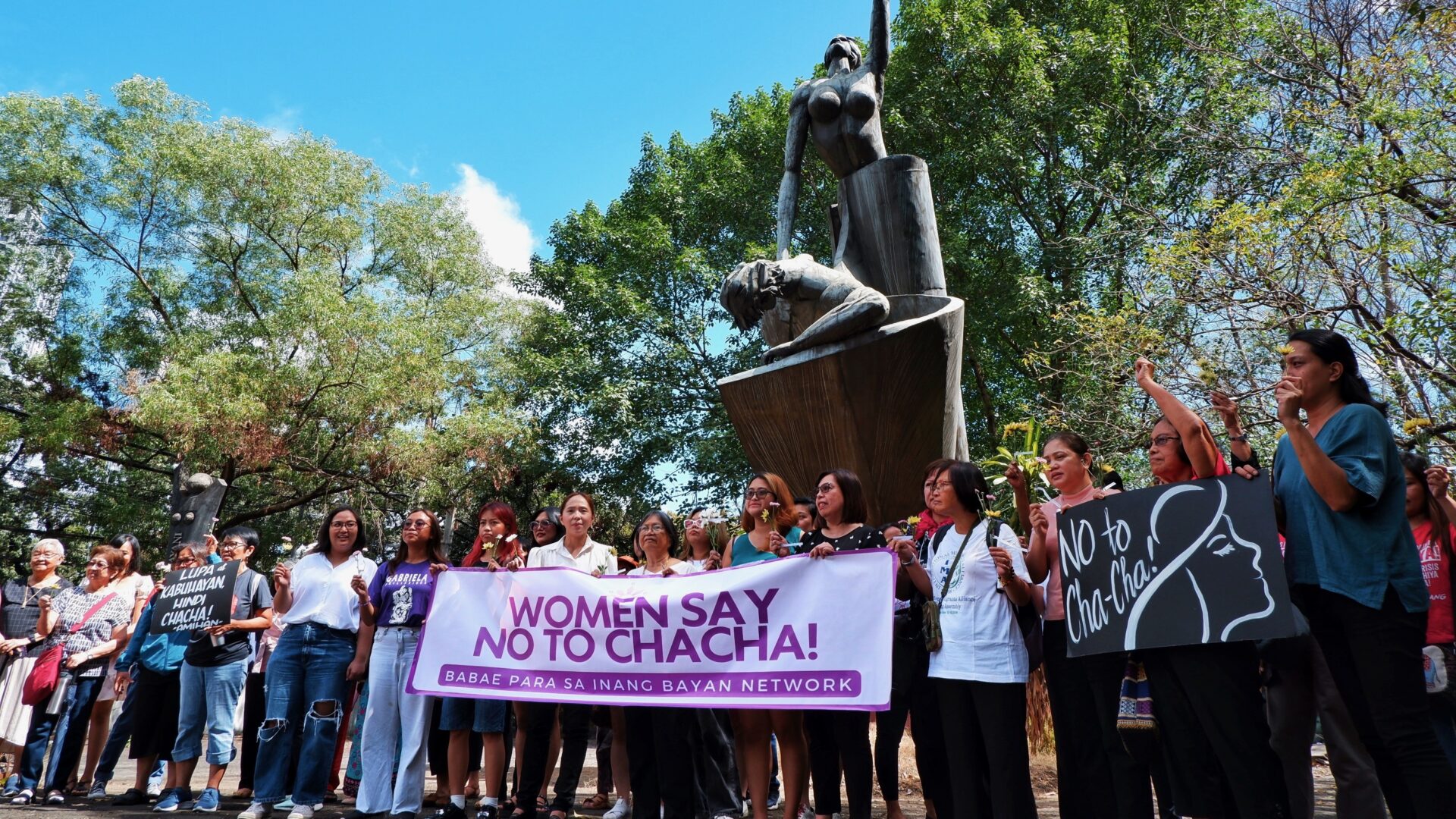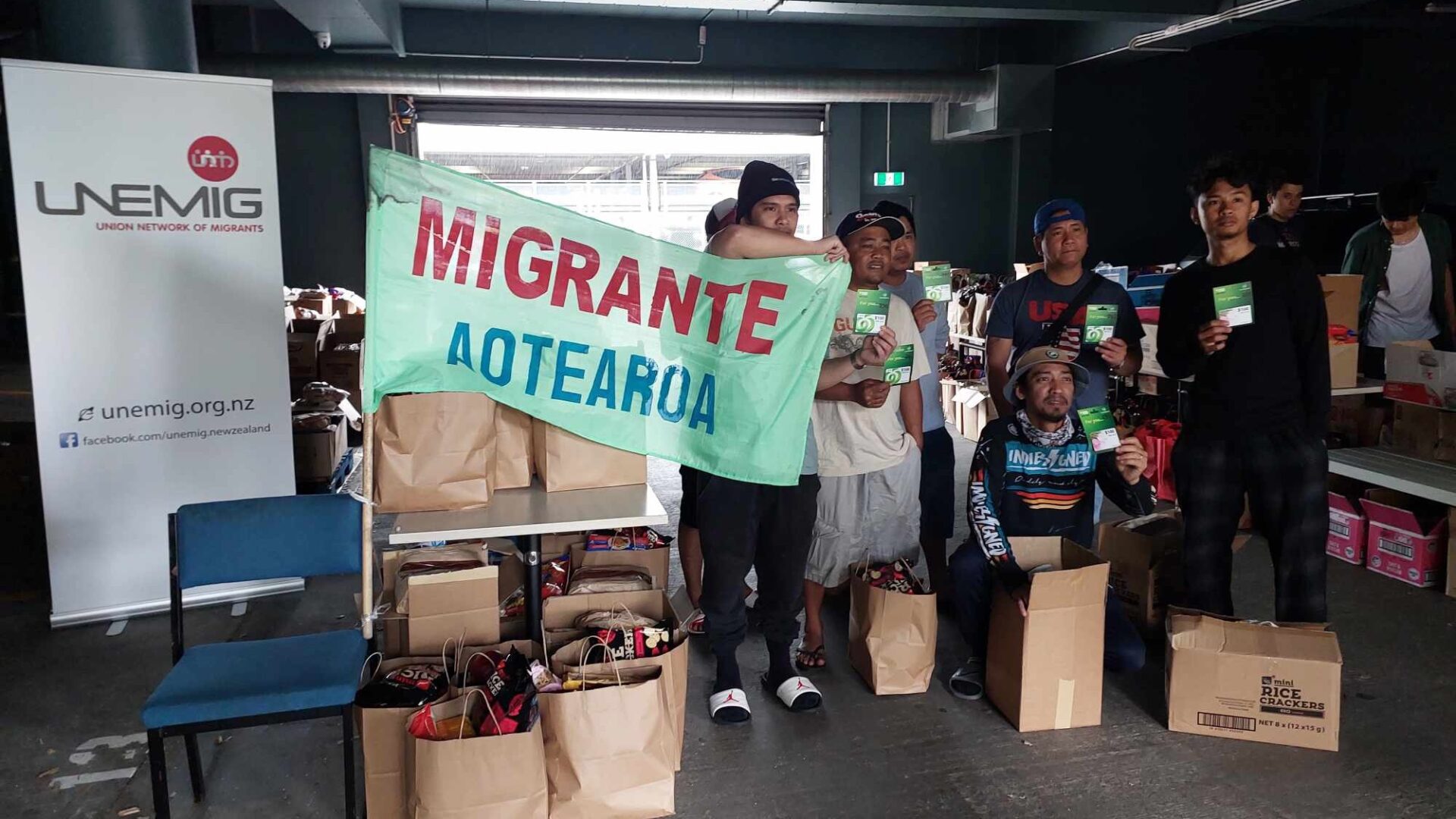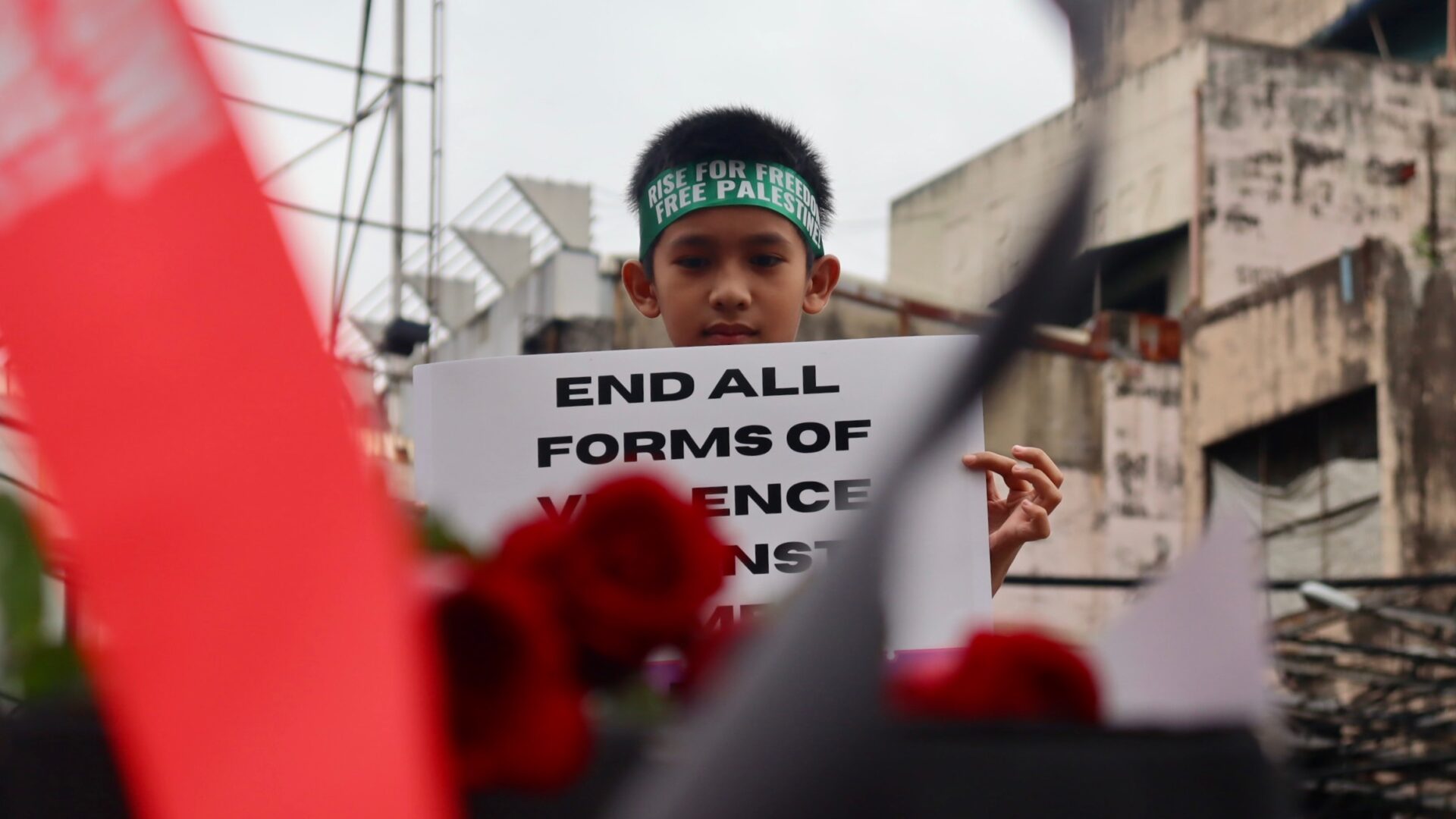Hush-hush on Prostitution in Tacloban
No one wants to talk about prostitution in Tacloban. Or at least not directly. A year after Typhoon Yolanda hit Eastern Visayas and ravaged Tacloban, the survivors of the disaster are doing their best to survive from day and day and come to terms with the reality that they will not be getting the help […]


![]() No one wants to talk about prostitution in Tacloban. Or at least not directly.
No one wants to talk about prostitution in Tacloban. Or at least not directly.
A year after Typhoon Yolanda hit Eastern Visayas and ravaged Tacloban, the survivors of the disaster are doing their best to survive from day and day and come to terms with the reality that they will not be getting the help they genuinely need from the government. The people of Tacloban are a resilient people, and they are also practical. The wounds they have sustained from having lost so many loved ones in November 2013 during the super typhoon are still open and will remain so for a long time to come, but in the meantime, they are doing their best to survive.
Even if it means having to engage to sell their bodies.
“In the weeks that followed Yolanda, so many people were desperate for money. It was hard because the local and national governments were not able to immediately relief good to many areas where people were seriously affected by the floods. There were hungry children to feed and so many had nowhere and no one turn to. You can’t blame people if they turned to prostitution,” said Benjo Reyes (not his real name), 41.
Benjo is a technician a former landlord. Before Yolanda, he and his wife rented two rooms above their own small unit on the border of Tacloban and Palo. The typhoon destroyed their house and with it their immediate means of income. In the last year, he has been making the rounds of different business offices and residential areas fixing appliances and electricity outlets and lines. It is while making his rounds that he gets to hear stories. He is reluctant to share what he knows because he will be talking about some of his former neighbors, or even former tenants.
“Many women who were widowed by Yolanda are young — they’re in their mid-20s to early 30s. With their husbands dead and two, three young mouths to feed, can anyone blame them if they sell their bodies in exchange for some cash or even relief goods? No one is happy about this, and there’s an attitude of acceptance that some mothers have done or are doing this. It’s for their children; besides, it’s not a full-time job; just so they get enough food for a few meals,” he said.
According to Benjo, in the weeks that followed Yolanda, many humanitarian groups arrived in Tacloban, and with them many foreigners. “I really can’t confirm this, but based on what I heard, some of the customers of the “temporary prostitutes” are staff of the foreign NGOs. Others are Filipinos, but who also work for the humanitarian groups. Some of the US and Korean troops who have been billeted in some of the villages are also said to be clients. They’re the only ones who had ready money to spare. People talk about this like it’s a commonplace thing, but of course you can expect anyone to come forward to admit they’ve sold their bodies for money or food,” he said.
A year after Yolanda, Benjo says that the level of prostitution for food has gone down, but a new phenomenon that’s even more disturbing is prostitution for gadgets and tuition. He said that young women from two exclusive schools in Tacloban are peddling themselves to get money so they can buy electronic gadgets like high-end cellphones, or when they need money tuition. Sometimes for both reasons.
“It’s said that the security guards of these two schools are the ones who help manage the girls’ transactions. They are said to keep photos of the girls with them to show to potential clients. It’s a very hush-hush kind of transaction, and only clients can refer new clients. It’s a word-of-mouth thing,” he said. “Some of the clients are also said to be foreigners – they’re the ones often seen with young women who look like they’re barely out of school, and they hang out in some of the bars. You can also see them in the mall walking around. You don’t want to automatically think there’s something wrong when you see a foreigner walking with a young girl, but it’s hard not to make assumptions”.
So how does Benjo know of this?
“People talk about it in some of the offices I’ve been to,” he explained. He refuses to name the offices. “I don’t want to lose work. Times are hard enough as they are – when before I used to earn P200 to fix electrical connections, like busted outlets ragged electricity lines; now I can only charge P50. After Yolanda everyone who was not afraid of getting electrocuted became an electrician.”
According to Benjo, since Yolanda, the attitude of people in Tacloban has become “Every man and woman for themselves”.
“Sure we read the news and watch the reports on television that so much money and so much aid is coming into Tacloban and other nearby areas that Yolanda destroyed. But it’s very different when you see how people live. The survivors are struggling to get back on their feet, and no thanks to the government. There’s rising criminality, including an illegal drugs trade: poor people are forced to become drug peddlers because it’s easy money, just so they don’t get caught. Even women are selling drugs because they’re not easily suspected. The attitude of many people is this: if we wait for help to come, we’re all going to starve to death. Because of this, many illegal activities are cropping up, and poor people are the ones carrying them out for the big fish who really run the business,” he said.
Some women survivors, in the meantime, have fallen victim to mental instability problems.
According to a bunkhouse resident Issa Ordino , 36, one of their neighbors, a woman her age, has gone a little over the edge because of desperation. “She’s not insane because there you can talk to her and she will answer you lucidly, but there’s an expression in her eyes that is a little scary. Like she’s not completely there. She has two children, and her husband left and hasn’t come back. This was a few months after they moved here to the bunk houses. She sometimes leaves the children with some of our other neighbors and comes home only after two days of being away. Of course we don’t ask where she goes, but when she returns she always has food for the children,” she said. “You can tell when you look at her that she doesn’t want to talk about it.”
Her neighbor, Issa said, might also be doing drugs. “I hear that when you’re high, you don’t feel as hungry or depressed,” she said, and shrugged.
The spokesperson of People Surge – the grassroots organization established by Yolanda survivors themselves – says that they have also heard many reports of young women forced to prostitute themselves. “Many live in the communities and bunkhouses that are not frequented by the media or the staff of the NGOs and the Department for Social Work and Development (DSWD). The situation in many cases is even worse – some of the women are willing to sell themselves in exchange for bags of rice and groceries, not even money. They are barely surviving, and they have children who rely on them. People also continue to fall sick in the bunkhouses, and to get money for medicine, they also sell themselves,” said Marissa Cabaljao.
Cabaljao also said that in the last year, many bars have also sprouted in downtown Tacloban. “These are not prostitution dens, but there are reports that women who need quick money go there and get customers. Some of the cheaper lodging houses have also gained seedy reputations; they are said to accommodate prostituted women Yolanda survivors and their clients.”
Human trafficking has also become a problem post Yolanda.
Only last August, reports came out regarding the rescue of 18 young women from Samar and Leyte who were rescued by operatives of the Philippine National Police (PNP) Criminal Investigation and Detection Group (CIDG) after a raid on two alleged sex joints in Angeles city. Arrested during the raid was one American.
Based on reports, two bars – the Grand Pharaoh and Golden Calypso on Walking St., and Field Ave., Balibago, Angeles City were raided and the CIDG found the 18 women there. The rescued minors could not give any explanation for being there apart from wanting to find work. They were turned over to DSWD in Manila.
In the past year, the women’s group Gabriela monitored reports of at least three alleged prostitution dens raided by authorities. These raids exposed the plight of several women-victims of sex trafficking from Yolanda-stricken areas in Eastern Visayas. It also said that it has received reports about lodging houses that served venues of “transaction” for prostitution in Tacloban. The group said that the prostitution and sex trafficking of Yolanda victims in Eastern Visayas is a strong argument proving that despite billions of dollars of donations from local and international donors pouring in, the Benigno Aquino government has neglected the welfare of disaster victims.
“From the very start, we have supported the victims’ call that the government undertake relief and rehabilitation efforts that will really address the hunger, joblessness and homelessness that Yolanda left on its wake. It had been obvious though that the Aquino administration did not have plans to rebuild the area to serve the needs of the victims, but rather to provide its allies with business opportunities under the Public-Private Partnership scheme,” said Gabriela deputy-secretary general Joms Salvador.
(Editor’s note: This report was written by Ina Alleco Silverio for the Women’s International Solidarity Mission led by Gabriela. The WISM aims to further expose the real situation of Yolanda survivors as well as human rights situation in areas in Leyte. The solidarity mission participants include women from the United States and Vietnam, as well as theater artist/activist Monique Wilson. The WISM participants also joined the National Conference of Disaster Victims on November 6 and the big protest rally of disaster victims today, November 8.)




